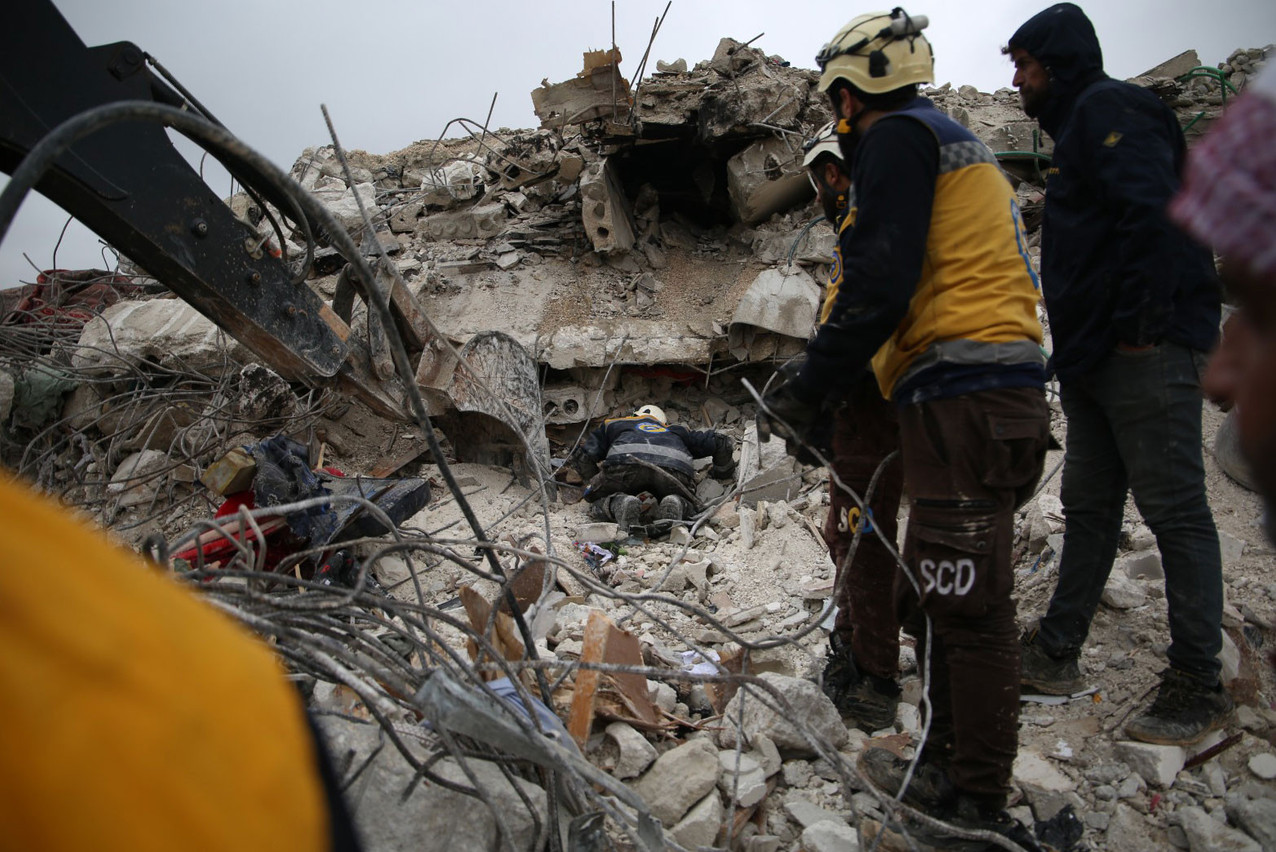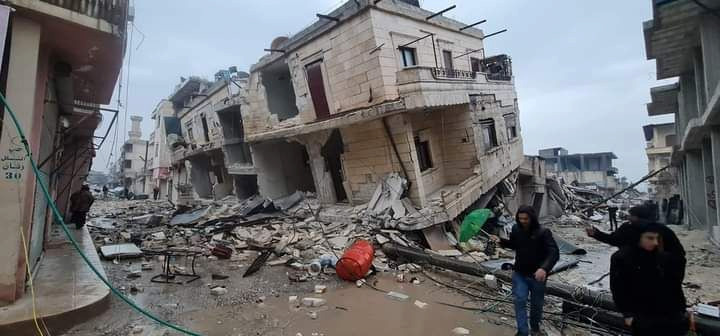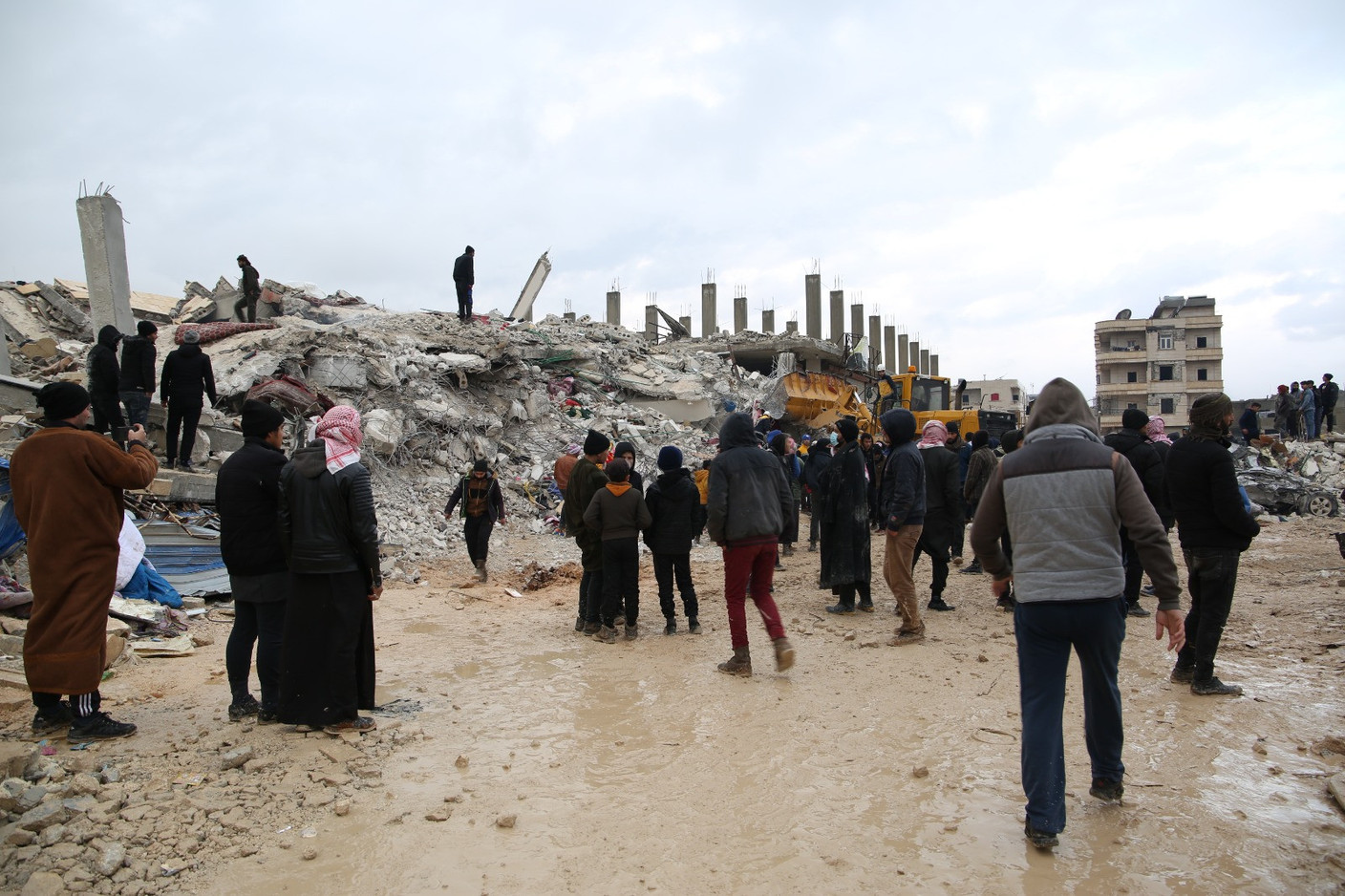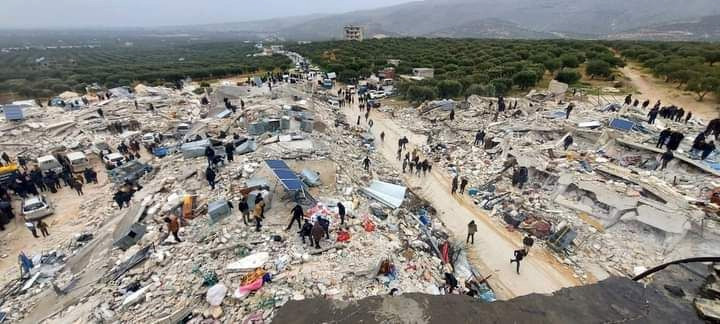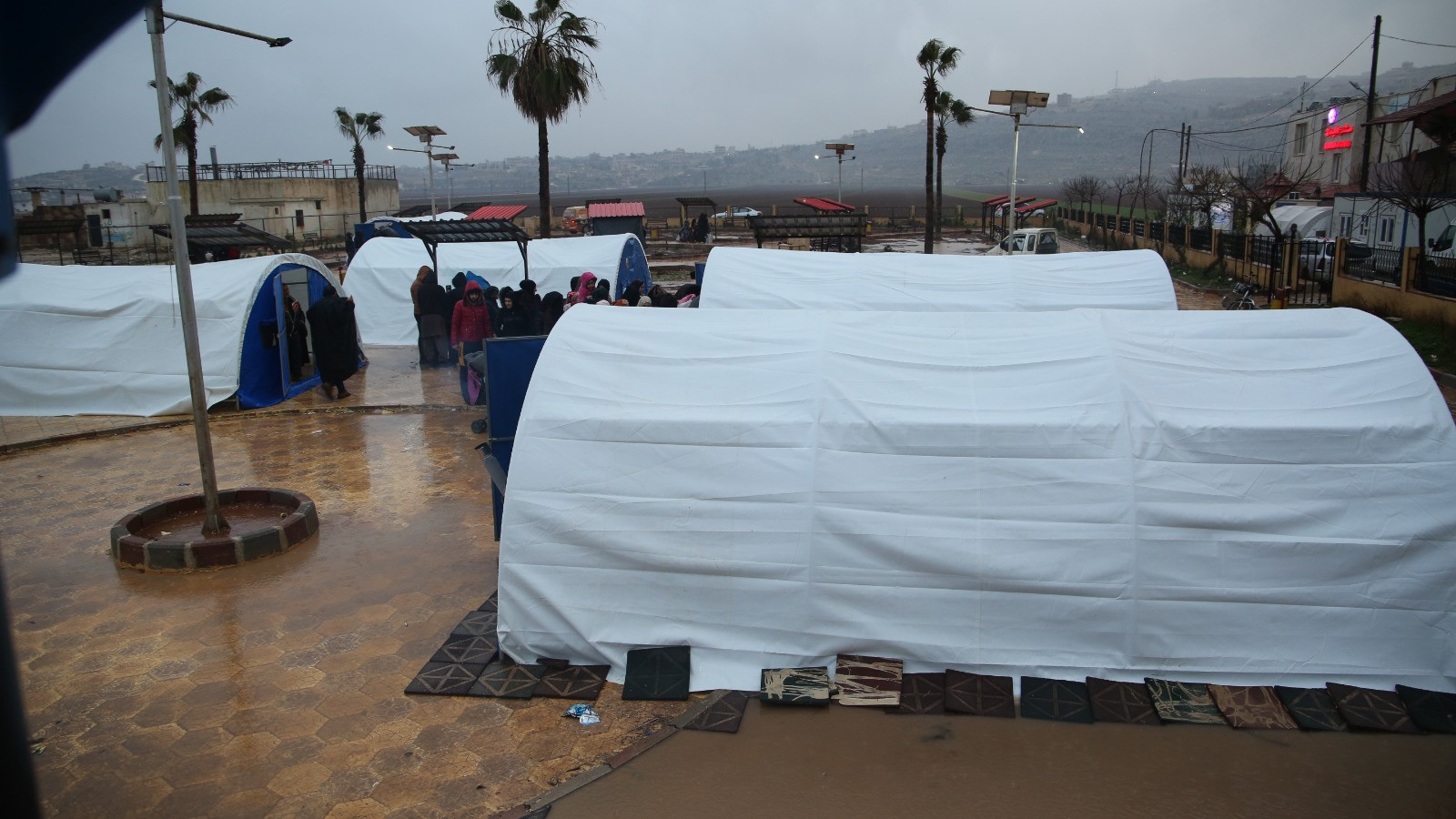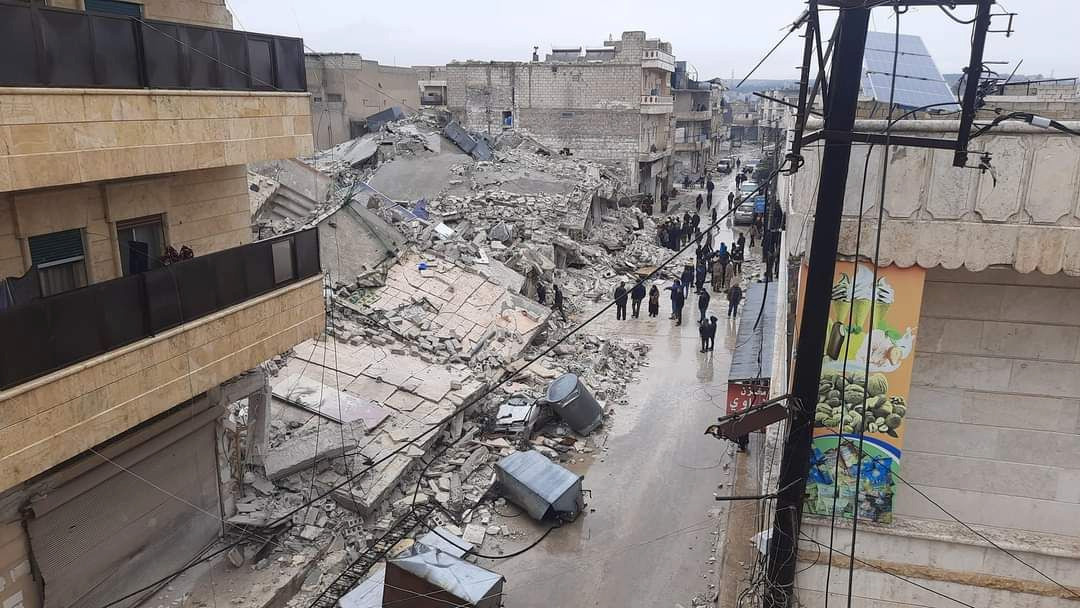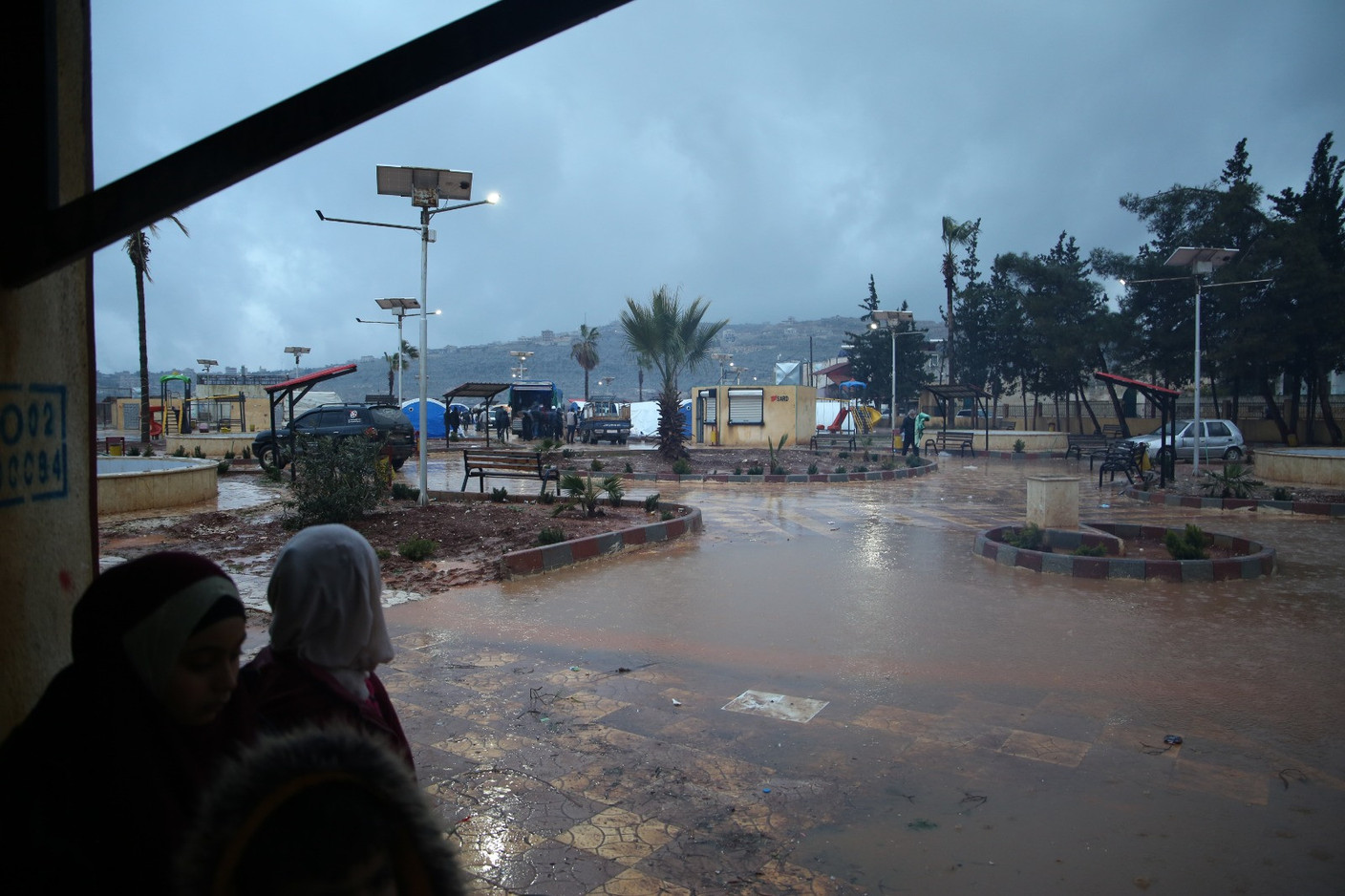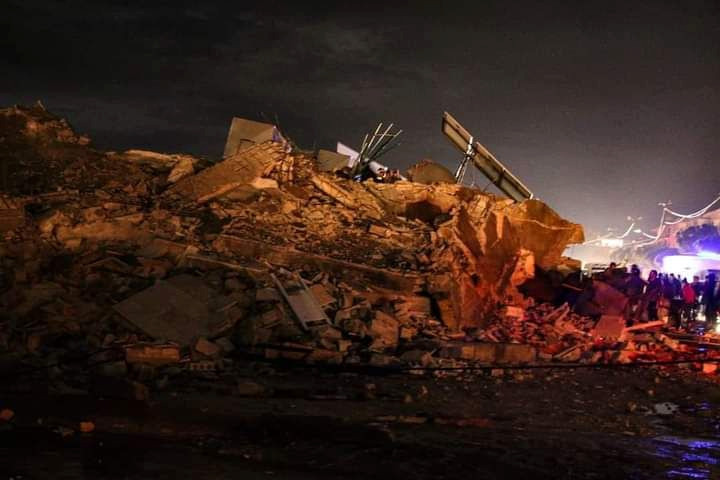At least 5,894 people have died in Turkey and 2,032 in Syria in violent earthquakes on Monday, with thousands more injured. Those who survived are battling harsh conditions and adverse weather.
Caritas Luxembourg has been active in northern Syria for ten years and is used to dealing with the “chronic humanitarian emergency” caused by the war. Disaster relief is now the priority.
“All the personnel available on site are used to dealing with population movements due to bombing. But here, the buildings didn’t collapse because of the bombs, but because of the earthquake,” says François Large, humanitarian coordinator for Caritas, particularly for projects in Syria and southern Turkey, where the NGO has been active for two year.
“We are also used to preparing camps and moving them before winter. It’s about covering the land with gravel and putting the plastic tents back on. We found a field available on Monday, where a temporary camp can be set up. There will also be a lot of shelter rehabilitation work over the next few days and weeks. This is already half of our normal activity.”
On site, Caritas Luxembourg is working with partner NGOs. ASAM (Association for Solidarity with Asylum Seekers and Migrants) in Turkey is one of them and has, for example, just mobilised its intervention unit to try to find survivors in the most affected areas.
The need to act within 72 hours
The emergency is everywhere. Alongside the Syrian NGO Syrian Association for Relief and Development (SARD), Caritas Luxembourg is asking donors and partners to find funds for short-term action within 72 hours. “The needs are so great that we will need help from the public, the Luxembourg government and the European Union. But to do it quickly, we will need private funds,” says Large.
For example, $60,000 will be needed to purchase 3,000 ready-to-eat no-cook food rations to feed 150 families for 10 days. The purchase of 100 emergency shelters or tents will cost $40,000, and 20 latrine units will cost $5,000. For ESK (Europäisches Solidaritätskorps) host families, NFI emergency kits (including hygiene kits, a kitchen kit, a clothing kit and a bedding unit) and tents will also be needed, for a total of $20,000.
Blankets and basic necessities are also being distributed in Aleppo via Caritas Syria. The association is also working in the medical field and needs blood and medicines in the clinics that are still standing after the earthquake. In particular, emergency medical aid has been set up in the health centres of the Syrian American Medical Society (SAMS) in northwestern Syria.
“We are also providing psychosocial support for people who have lost loved ones or who are traumatised,” adds Large. Providing shelter, food and hygiene needs is “a question of dignity, important at the psychological level.”
But one of the main problems for Caritas is to organise the arrival of goods. “We can buy what is available locally, but the prices will go up because access is complicated. Sending funds to the area is not easier because Syria is under embargo,” says the humanitarian coordinator.
Giving with confidence
To reassure donors, the Luxembourg association guarantees the traceability of the aid it provides. “One of our departments asks beneficiary families for feedback on the aid they have received. We do this to ensure that, even in areas controlled by the Islamic State or armed groups, the aid actually arrives. Beneficiaries also have communication channels to report any problems.” For Large, it is important to stress that “the beneficiaries are not victims, they are actors, citizens, who have the right to help.”
If you too would like to help the victims of the earthquake in Turkey and Syria, you can make a donation by bank transfer to the CCPL account IBAN LU34 1111 0000 2020 0000 with the mention "Earthquake".
